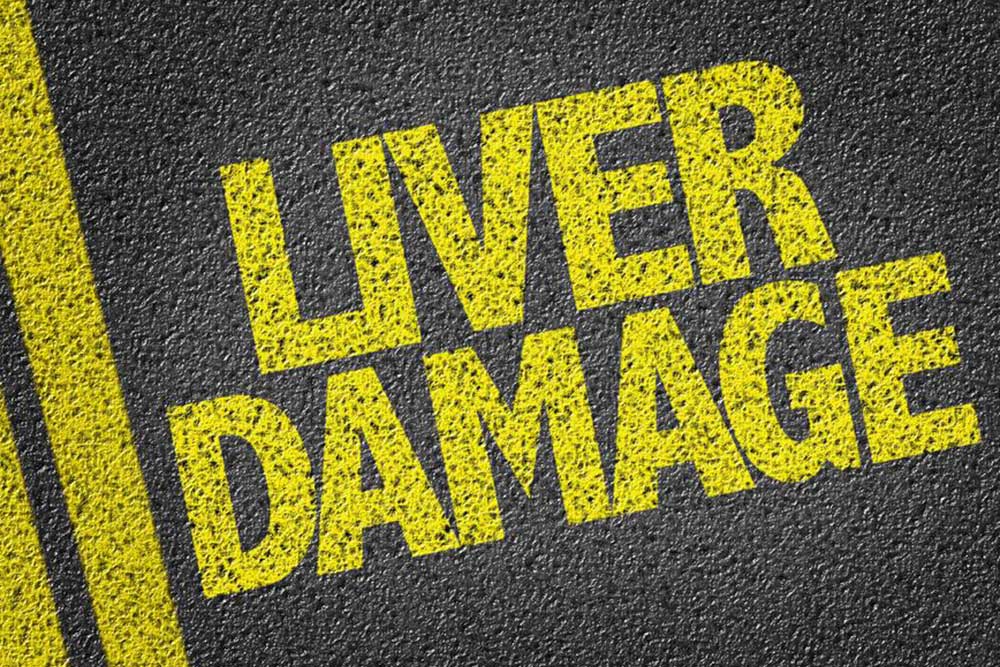Recognizing the Top 10 Indicators of Liver Health Issues
This article highlights the ten common signs indicating liver damage, including jaundice, fatigue, and swelling. Recognizing these symptoms early can aid in prompt diagnosis and treatment, maintaining liver health. Understanding liver functions and common issues helps individuals seek timely medical advice to prevent serious complications.

Recognizing the Top 10 Indicators of Liver Health Issues
The liver is an essential organ situated in the upper right abdomen, vital for numerous bodily functions. Its primary role involves filtering blood from the digestive system and detoxifying harmful substances, including chemicals and drugs. Additionally, it produces bile to aid fat digestion and synthesizes proteins crucial for blood clotting and overall health.
Several conditions, such as hepatitis, cirrhosis, liver cancer, and gallstones, can harm the liver. Detecting early signs of liver damage is key to preventing serious complications.
Low Platelet Count
A reduced number of platelets, essential for blood clotting, can indicate liver issues. This condition, known as Thrombocytopenia, is often detected through blood tests in liver disease cases.
Nausea
Persistent nausea, along with fatigue and sluggishness, may be an early sign of liver dysfunction. It results from the compromised ability of the liver to process toxins.
Chronic Tiredness
Feeling unusually exhausted without clear reason can suggest underlying liver problems, especially when coupled with other symptoms.
Edema and Ascites
Swelling due to fluid buildup, especially in the abdomen (ascites) or legs, points toward liver damage and associated complications.
Jaundice
The yellowing of the skin and eyes indicates high bilirubin levels, a clear sign of impaired liver function.
Easy Bruising
Unexplained bruises may suggest blood clotting issues linked to liver damage and low platelet counts.
Enlarged Spleen
An increase in spleen size can signal underlying liver disease, as the organ reacts to systemic changes caused by liver dysfunction.
Persistent Stomach Pain
Ongoing abdominal discomfort might be related to liver inflammation or swelling of internal organs.
Frequent Diarrhea
Ongoing digestive disturbances such as diarrhea often reflect compromised liver processing capabilities.
Loss of Appetite
Reduced interest in eating can be linked to liver malfunction affecting digestion and metabolic processes.
Important Note:
If you notice any of these signs, it’s advisable to consult a healthcare professional promptly. Early diagnosis and management can significantly improve liver health and overall well-being.










